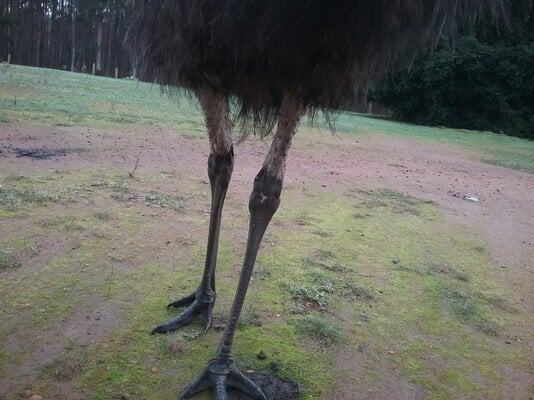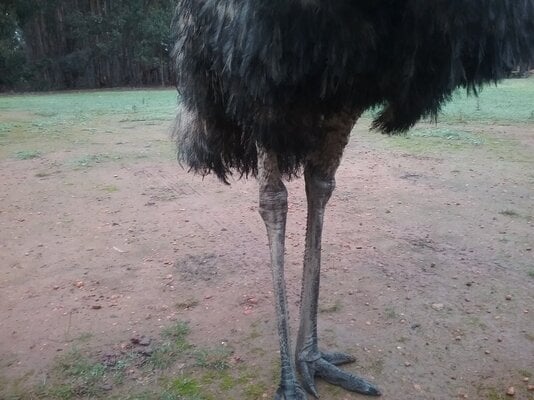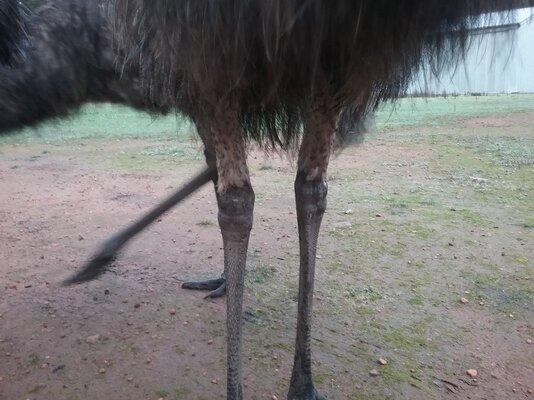- Nov 9, 2013
- 1,368
- 1,460
- 291
My research is begun, ryne. I have a veritable forest of hocks just out at the lily pilly tree. Photos later: it's raining.
But yes, it seems that a tiny bit of turned-out-ness is visible.
But yes, it seems that a tiny bit of turned-out-ness is visible.



